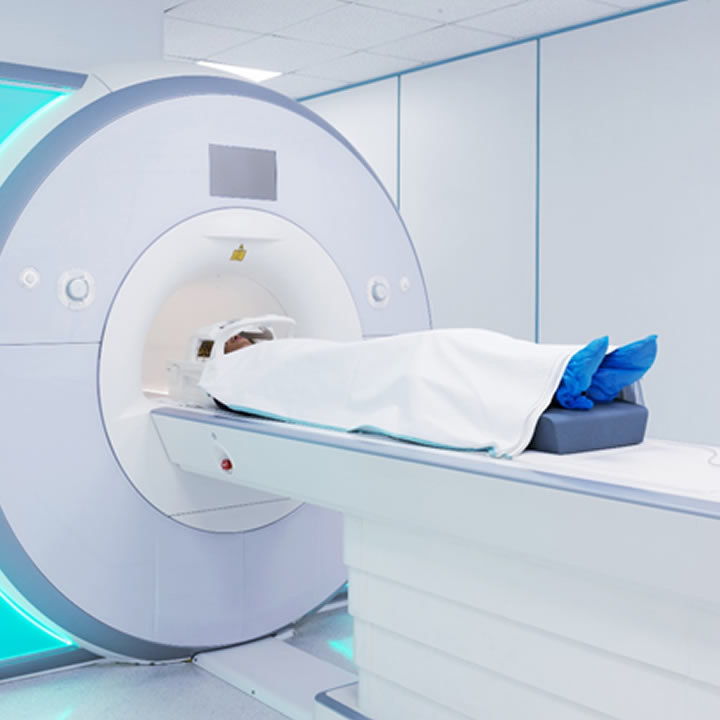The brain is arguably the most crucial organ in your body apart from your heart. It controls your ability to function in the world and look after yourself. You should have a brain check-up in Bangkok, particularly if you’re over sixty-five years of age to check for any cognitive decline or symptoms of dementia.
Many doctors tend to conduct health check-ups from the neck down and don’t pay much attention to the brain in young people. This makes sense as the health of the arteries, and the respiratory system is directly responsible for the health of the brain.
Cognitive Disorders Can Be Devastating
But there’s another reason why some doctors don’t perform a brain check-up in Bangkok for their older patients. Being diagnosed with Alzheimer’s disease or dementia can have a catastrophic effect on a person’s mental health. The doctors realize the importance of a patient knowing the complete picture of their health, but being given a positive diagnosis for dementia or Alzheimer’s disease can trigger bouts of severe depression or anxiety in some patients.
Doctors are generally are waiting for their patients to mention any symptoms of cognitive decline before giving the patient an MRI or CT scan and taking a close look at a patient’s brain. Some family members of the patient may be the first ones to notice a cognitive decline and mention it to the doctor performing the overall health check-up. This will cause the doctor to redirect the focus of the health exam to include neurological diagnostic tools.
Benefits of a Brain Check-up in Bangkok
This denial of the reality of a medical situation always works to the detriment of the patient. Early detection of Alzheimer’s disease or dementia can open doors for the patient to take part in clinical trials or new, unproven methods of treatment. The first patient to receive a drug that cures or prevents the advancement of a cognitive disease will have the drug made available to them in the course of a clinical trial.
For some advanced patients, it can be the last hope for leading a productive life into their elderly years. But not knowing or denying the obvious symptoms of the disease, won’t work in their favour. The advancement of the disease is also unfair to family members who may suddenly have to disrupt their lives to cover the daily needs of an elderly relative.
Give Your Elderly Family Members a Brain Check-up
In the absence of an effective treatment for Alzheimer’s disease or dementia, many people take the attitude that they would rather not know if they have the beginning symptoms of a cognitive condition. But knowing what the future may hold, provides loved ones around you time and options to plan for proper palliative care.
It may not be a future that anyone is looking forward to, but at least a proper diagnosis will give family members time to work out how to best provide for their loved one’s comfort as their disease continues to advance.

